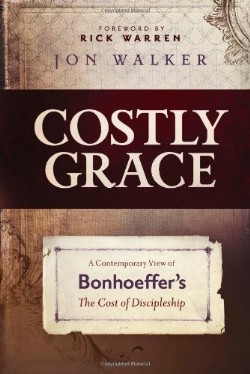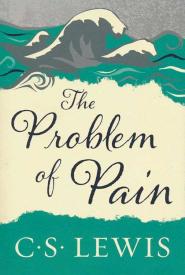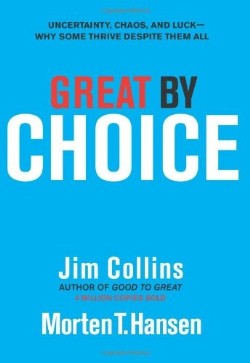Costly Grace : A Contemporary View Of Bonhoeffers The Cost Of Discipleship
$15.99
In 1937, on the threshold of Nazi Germany’s war on the world, Dietrich Bonhoeffer wrote what turned out to be one of the most influential books of the century, The Cost of Discipleship. In it, he challenged the flabby faith and compromises of German Christians, famously writing, When Christ calls a man he bids him come and die. Now, seventy-three years after the book was first published, Jon Walker writes Costly Grace: A Contemporary View of Dietrich Bonhoeffer’s The Cost of Discipleship.
Walker brings to a new generation the timeless message of Bonhoeffer against the background of today’s political upheaval and societal change and what it means to those who claim to follow Christ’s teachings.
in stock within 3-5 days of online purchase
SKU (ISBN): 9780891126768
ISBN10: 0891126767
Jon Walker
Binding: Trade Paper
Published: October 2010
Publisher: Leafwood Publishers/ACU Press
Related products
-
Mere Christianity
$17.99Add to cartArguably the 20th century’s most influential Christian writer, C.S. Lewis sought to explain and defend the beliefs that nearly all Christians at all times hold in common. His simple yet deeply profound classic, originally delivered as a series of radio broadcasts, is a book to be thoroughly digested by believers and generously shared with skeptics. Paperback with French f laps and deckled page edges.
-
Problem Of Pain
$17.99Add to cartFor centuries Christians have been tormented by one question above all — If God is good and all-powerful, why does he allow his creatures to suffer pain? C. S. Lewis sets out to disentangle this knotty issue but wisely adds that in the end no intellectual solution can dispense with the necessity for patience and courage.
-
Great By Choice
$29.99Add to cartThe new question
Ten years after the worldwide bestseller Good to Great, Jim Collins returns with another groundbreaking work, this time to ask: Why do some companies thrive in uncertainty, even chaos, and others do not? Based on nine years of research, buttressed by rigorous analysis and infused with engaging stories, Collins and his colleague, Morten Hansen, enumerate the principles for building a truly great enterprise in unpredictable, tumultuous, and fast-moving times.The new study
Great by Choice distinguishes itself from Collins’s prior work by its focus not just on performance, but also on the type of unstable environments faced by leaders today.With a team of more than twenty researchers, Collins and Hansen studied companies that rose to greatness-beating their industry indexes by a minimum of ten times over fifteen years-in environments characterized by big forces and rapid shifts that leaders could not predict or control. The research team then contrasted these “10X companies” to a carefully selected set of comparison companies that failed to achieve greatness in similarly extreme environments.
The new findings
The study results were full of provocative surprises. Such as:The best leaders were not more risk taking, more visionary, and more creative than the comparisons; they were more disciplined, more empirical, and more paranoid.
Innovation by itself turns out not to be the trump card in a chaotic and uncertain world; more important is the ability to scale innovation, to blend creativity with discipline.
Following the belief that leading in a “fast world” always requires “fast decisions” and “fast action” is a good way to get killed.
The great companies changed less in reaction to a radically changing world than the comparison companies.
The authors challenge conventional wisdom with thought-provoking, sticky, and supremely practical concepts. They include: 10Xers; the 20 Mile March; Fire Bullets, Then Cannonballs; Leading above the Death Line; Zoom Out, Then Zoom In; and the SMaC Recipe.Finally, in the last chapter, Collins and Hansen present their most provocative and original analysis: defining, quantifying, and studying the role of luck. The great companies and the leaders who built them were not luckier than the comparisons, but they did get a higher Return on Luck.
This book is classic Collins: contrarian, data-driven, and uplifting. He and Hansen show convincingly that, even in a chaotic and uncer






Reviews
There are no reviews yet.